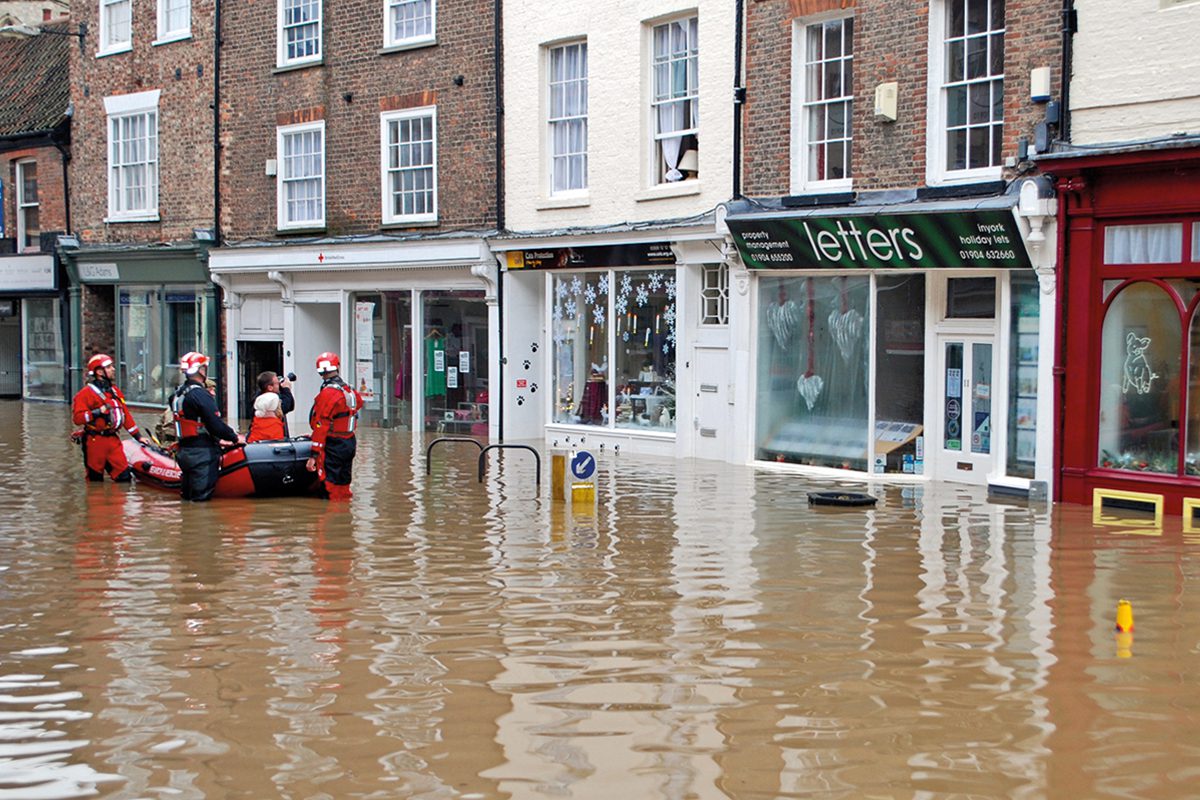The right insurance can mitigate a major crisis

PLANNING for a rainy day is good business sense and if there’s one thing the last few years have shown, it’s that market conditions are unpredictable.
Scotland’s convenience retailers are exposed to a variety of risks to their business, and each store is unique in its own way.
Seeking out bespoke coverage from an experienced broker is one way retailers can achieve peace of mind. Such firms can offer policies that are tailored to a store’s needs, through a broad spectrum of insurance products designed to mitigate the risk to business.
Coverage that retailers may wish to consider include public liability insurance, which is designed to cover compensation payments and legal costs if a member of the public sues the business because they have been injured, or their property has been damaged.
This type of coverage would kick in if an employee failed to put out a wet floor sign after cleaning a floor, and a customer fell and broke a bone.
Business interruption cover is another insurance facility that retailers may consider. Should an unforeseen event occur, this insurance will cover loss of revenue or profit for the period of inability to trade.
And much like with a household, contents cover protects vital assets like fixtures, fittings and equipment – all of which are essential to a functioning business.
Policies that cover on a new-for-old basis should mitigate the financial impact of a burst pipe or electrical fire.
Other cover that may be relevant for convenience retailers include deterioration of stock; goods in transit; and theft of cash – although the cover available is often restricted depending on the circumstances.
Employers’ liability
EMPLOYERS liability insurance is a legal requirement for all businesses that employ staff. As soon as you become an employer, your policy must cover you for at least £5 million and come from an authorised insurer.
The coverage will help to pay compensation if an employee is injured or becomes ill because of the work they do for you.
However, there are exceptions. The obligation to hold employers’ liability insurance does not apply to certain family members. These are: husband, wife, civil partner, father, mother, grandfather, grandmother, step-father, step-mother, son, daughter, grandson, granddaughter, stepson, stepdaughter, brother, sister, half-brother or half-sister.
Failure to comply can result in a fine of £2,500 for each day without proper insurance. Firms can also be fined £1,000 if they do not display their employers’ liability insurance certificate, or refuse to make it available to inspectors when they ask.
Motor insurance
ONE of the major developments to have come out of the Covid pandemic is the rapid rise in home-delivery operations across Scotland’s convenience sector.
While the diversification into home delivery has been good for many convenience retailers’ bottom lines, it has also placed new insurance obligations on those running a delivery service.
If a retailer, their employees or anyone else working for the business uses a vehicle for work then they must make sure that:
• all vehicles owned by the business are covered by insurance;
• any employees’ vehicles used for business have their insurance extended – covering use for their employer’s business;
• any personal vehicle insurance that a retailer may have also covers business use.


















